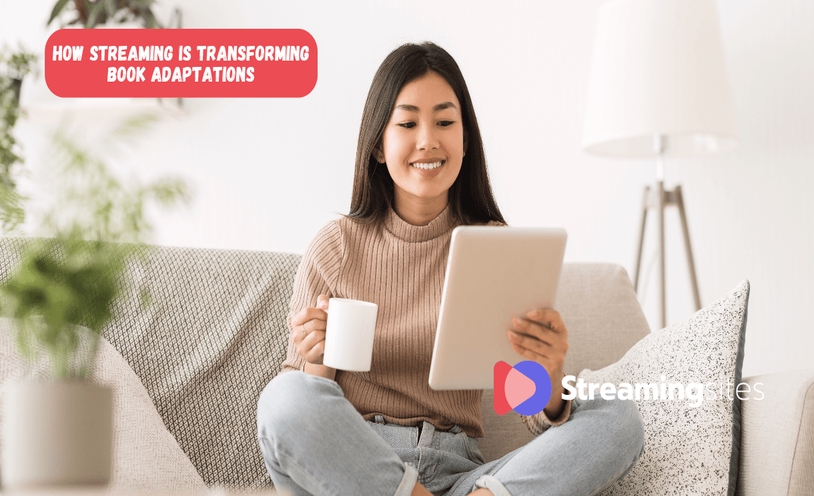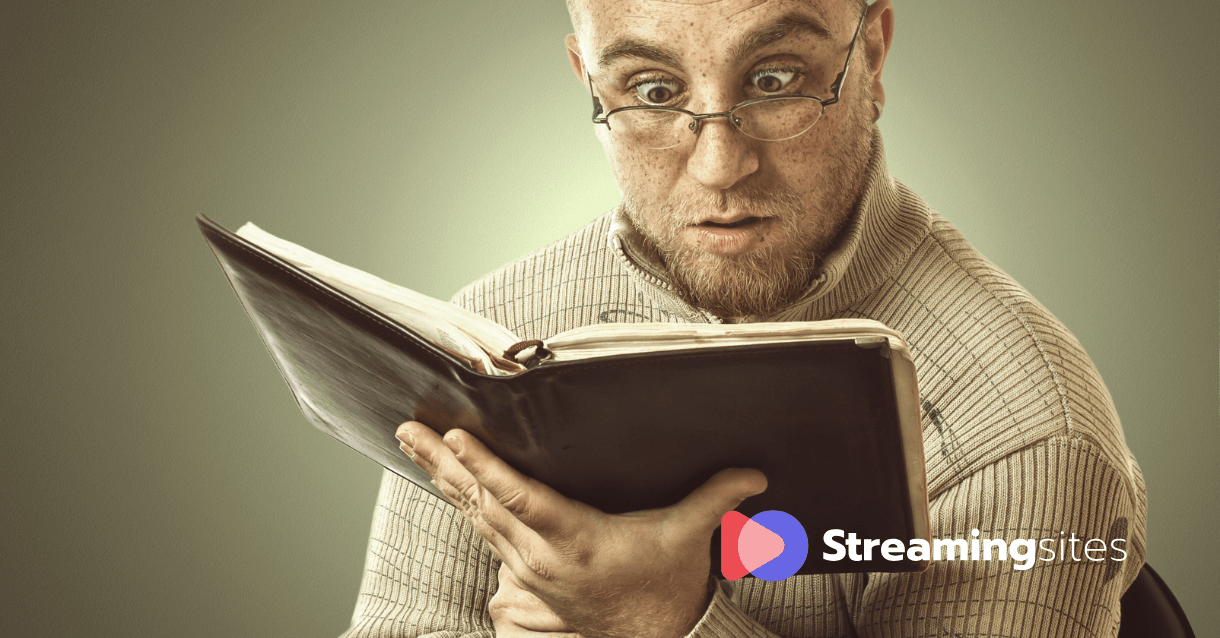
From Page to Screen: How Streaming Is Transforming Book Adaptations
Once upon a time, a novel's journey to the screen was a slow waltz. A bestseller would catch Hollywood's eye. Months, maybe years, of negotiations followed. Scripts got rewritten. Directors changed. Studios hesitated. And if the stars aligned just right? A movie - in theaters, tightly packed into two hours. Think The Great Gatsby, The Godfather, Pride and Prejudice.
The formula worked. Sort of. But it came with limitations: time, budget, censorship, and pressure to make it a “blockbuster.”
Then came a disruption not from a printing press or projector... but from broadband.
Streaming cracked the code. No waiting for a greenlight from a studio system. No need to squeeze 700 pages into 120 minutes. Platforms like Netflix, Amazon Prime Video, and Apple TV+ began scooping up the rights to novels like candy.
According to a ScreenRant 2024 report, over 65% of all new scripted series on major streaming services in 2023 were adapted from books. That’s not a coincidence - it’s a strategy.
Books provide built-in audiences, layered plots, and fully fleshed characters. Just try to access werewolf stories to read online or romance novels and you'll quickly realize how much more profound the book is. Don't worry if you don't have the book, because there's a reading app like FictionMe that's enough. With it, you can read right from your phone. Why build from scratch when the blueprint is already a literary hit?
The best streaming platform for book adaptation? Subjective - sure - but let’s talk method. Streaming doesn’t just adapt books. It extends them.
Take The Queen’s Gambit. A mid-tier novel by Walter Tevis. A miniseries on Netflix turned it into a cultural juggernaut. Another? Normal People by Sally Rooney - serialized on Hulu, allowing breathing room for emotion and nuance.
Before, adaptation meant compromise. Now it means expansion.
And let’s not forget the numbers: Bridgerton, based on Julia Quinn’s novels, became one of Netflix’s top ten most-watched shows of all time, withover 600 million hours streamed in its first 28 days.
Streaming lets stories stretch. Episode by episode. Season by season. Even spin-offs. You can’t do that in a two-hour film.
But here’s the twist - more room doesn’t always mean more accuracy. Purists sometimes cry foul.
Book lovers love their details. If a single line of dialogue is changed, Twitter/X ignites. Yet, not every adaptation can (or should) be page-perfect.

The Witcher (Netflix) is a prime example. Adapted from a Polish fantasy series by Andrzej Sapkowski, it diverges wildly from the source - and fans noticed.
Still, for every adaptation that flubs the landing, there’s another that nails it. Good Omens (Amazon Prime), based on Terry Pratchett and Neil Gaiman’s beloved book, was largely praised for staying true - while modernizing just enough. But in general, books and films can complement each other. Moreover, the digital format of books has become even more accessible. You can simply go to Google Play and download an app for reading. This is a great chance to compare details of works or understand the characters more deeply.
Adaptation, in the age of streaming, is not translation. It’s transformation.
Let’s break it down. Who’s dominating the streaming and book adaptation space?
Each platform has a distinct taste. It’s not just about “what book,” but also “how” and “why.”
Traditionally, authors handed over their manuscripts, cashed a check, and hoped for the best. That’s changing.
Streaming gives writers more say. Some are even executive producers now. Others write screenplays for their own stories.
Examples?
When authors collaborate with platforms, the results often ring truer. Less lost in translation.
But beware. Not every adaptation is a home run. Some flop. Hard.
The Goldfinch, though technically a theatrical release before streaming, illustrates the danger of over-reverence. Dense, meandering, and critically panned - despite being based on a Pulitzer Prize-winning novel.
Others are rushed. Poorly cast. Or miss the tone. The risk is real: a bad adaptation can tarnish the book’s legacy.
Interactive storytelling? AI-enhanced immersion? Multi-platform rollouts (novel, series, game, merch drop all at once)? It’s not far off.
Streaming and book adaptation are no longer casual partners. They’re married. Probably with a multi-year content deal.
There’s talk of a streaming-first publishing model. Imagine: books written for adaptation. Serialized on page and screen. Simultaneously. It’s already happening, quietly, in corners of the industry.
And here’s a stat to end on: 81% of Gen Z viewers say they’re more likely to read a book after watching its streaming adaptation.
The page isn’t dying. It’s evolving. The screen didn’t kill the novel. It amplified it.
Adaptations aren’t just about retelling stories anymore. They’re about re-living them - frame by frame, chapter by chapter, sometimes in reverse. Streaming didn’t just change the format.
It rewrote the rules.